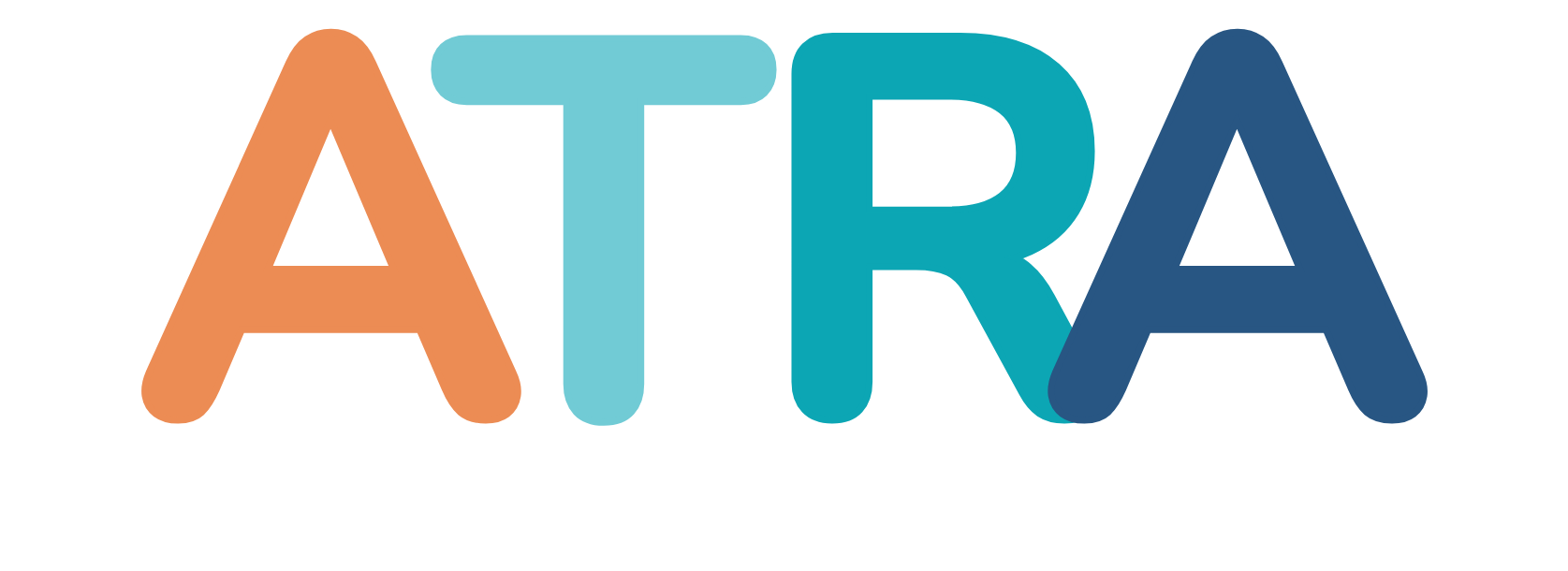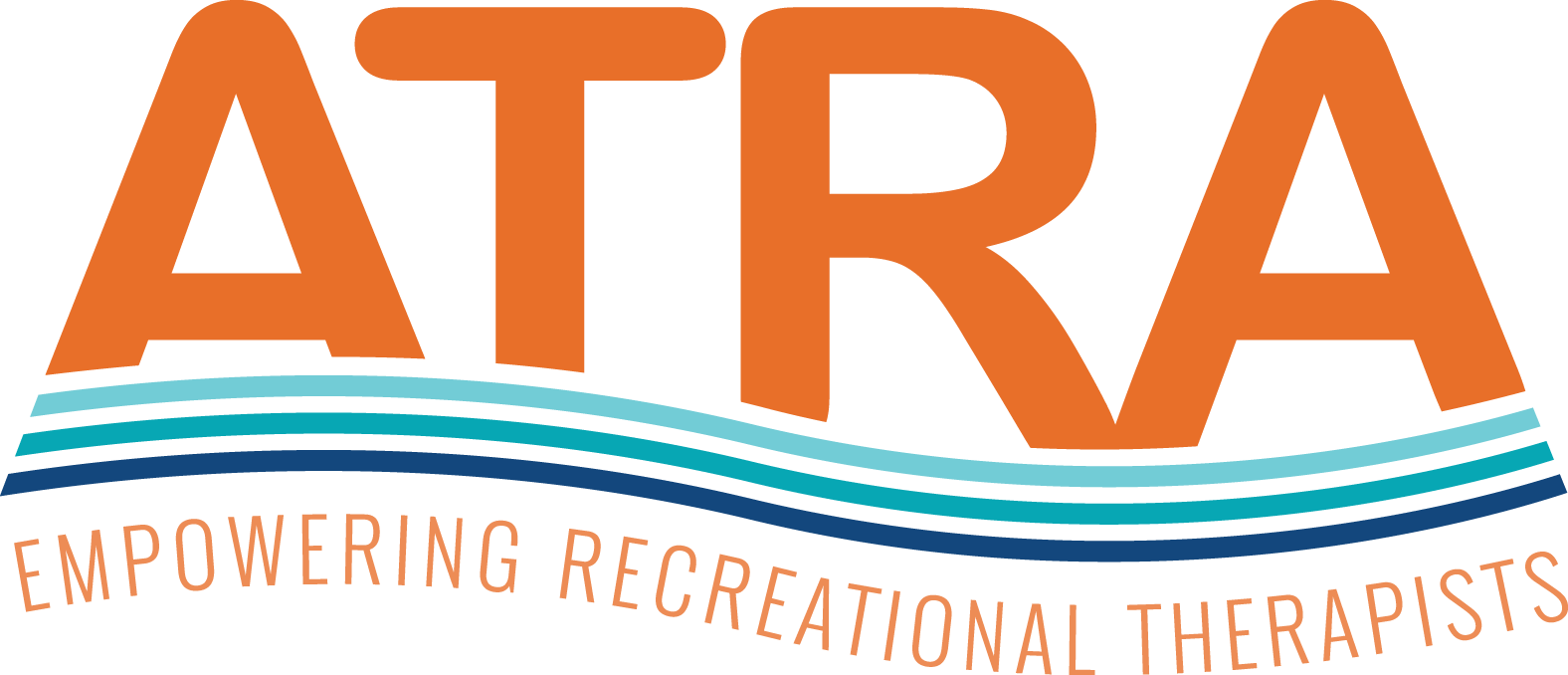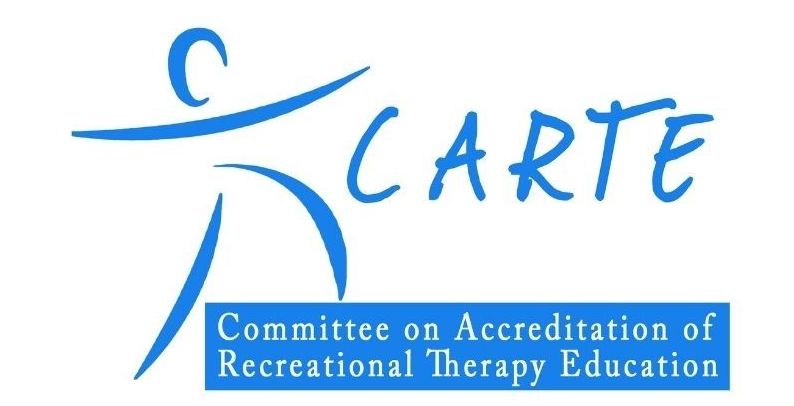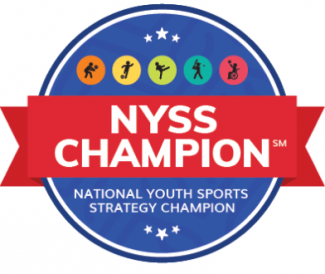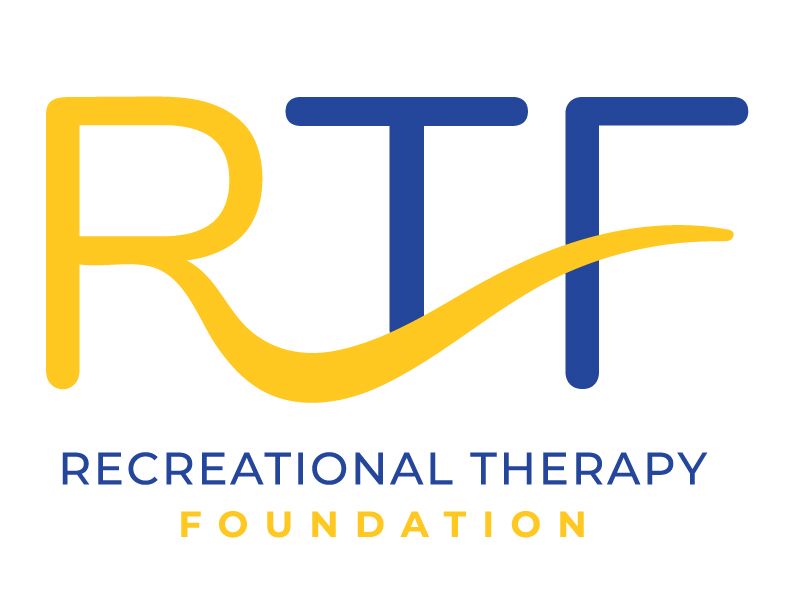About Recreational Therapy
#RTisMoreThanFun
What is Recreational Therapy?
Recreational Therapy (RT) is a systematic process that utilizes recreation and other activity-based interventions to address the assessed needs of individuals with illnesses, disabling conditions, and/or adverse circumstances to promote psychological and physical health, recovery, and well-being. Recreational Therapy aims to restore, remediate, or rehabilitate the client’s level of functioning and independence in life activities. Recreational Therapists work in a variety of clinical and community settings and utilize their unique expertise to help individuals overcome barriers to well-being and/or participation in meaningful leisure activities.
YOU're not alone
Making Waves of Connection
Humans are wired to connect. Social connectedness helps buffer stress, reduce symptoms of anxiety and depression, and even improves physical health. Recreational Therapists turn loose ideas about belonging into structured, evidence-informed experiences that engage and empower. Through Recreational Therapy, participants experience connection, belonging, meaning, purpose, discovery, joy, and flow. You’re not alone. Recreational Therapy can help you feel connected again.
WHAT?
Meaningful Activity
Recreation and leisure pursuits enrich our lives with purpose, meaning, and community and are an important part of our overall well-being. Recreational Therapists utilize evidence-based practices to help clients develop the skills and confidence needed to engage in meaningful, health-promoting leisure activities. Recreational Therapy can help you feel like you again.
WHY?
Leisure Heals
Illness, injury, disability, and adversity can impact our sense of self and leave us feeling lost, alone, or adrift. The activities we once enjoyed may no longer feel accessible or meaningful. Recreational Therapists are here to help. We understand that the way you spend your free time is vital to your well-being, and we will partner with you to ensure that your leisure lifestyle remains robust and vibrant. Recreational Therapy treats the whole person, clarifying and prioritizing what matters most to the individual.
where?
Clinical and Community Spaces
Recreational Therapists are skilled healthcare providers who utilize a systematic process, evidence-based interventions, and purposeful activities to help clients achieve well-being. Recreational Therapists work in a variety of clinical and community settings—from schools, to hospitals, to community programs and beyond—and utilize their unique expertise to help clients overcome barriers to well-being and/or participation in meaningful activities.
How?
Purposeful Fun
Prescribed activity assists individuals in coping with the stress of illness, disability, or adversity so they may achieve and maintain optimal levels of independence, productivity, well-being, and quality of life. Whether utilizing recreation and leisure activities as therapeutic interventions to promote well-being or facilitating therapeutic interventions to promote participation in meaningful recreation and leisure pursuits, Recreational Therapists are cherished for the far-reaching impact of their vital services. Recreational Therapy changes lives.
the power of rt
Turning the Tide on Loneliness
Read ATRA's Official Position Statement on Social Prescribing here.
RT & Social Prescribing
Although social prescribing is a relatively new term, its principles closely mirror the longstanding practices of RT, making it a profession ideally positioned to lead and enhance these efforts.
Addressing Isolation & Loneliness
RT, which focuses on building social connections and creating socially inclusive environments, and is ideally positioned to address social isolation and loneliness.
Connecting the Socially Disconnected
Once viewed as an emotional ideal and at times a soft science, connection is now recognized as a powerful determinant of health and well-being. RTs are uniquely qualified to lead national solutions.
